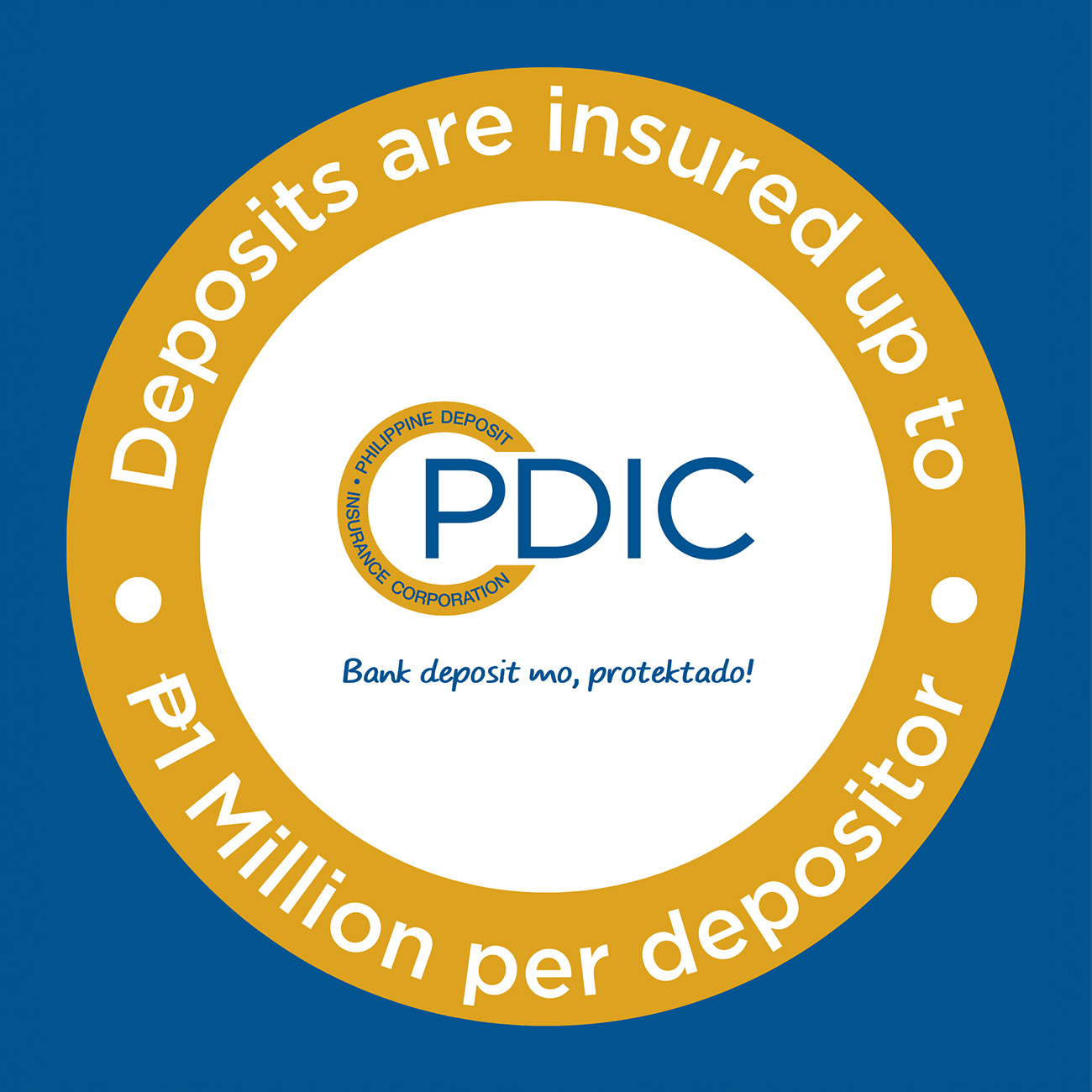Businesses today are expected to go beyond profitability. They must also actively contribute to bettering the environment and improving the social well-being of those they work with and those who work for them. A sustainable business for investors and customers not only minimizes its environmental impact but also builds resilience and long-term value for all parties.
Today’s investors seek companies that integrate sustainability into their strategies, while customers favor brands that align with their values. Read on to learn more about how sustainability is attracting investors and customers.
Strengthening Investor Confidence
Investors recognize that sustainability is more than just a passing trend. It’s becoming a key driver of risk management and profitability. Businesses that adhere to sustainable practices often experience a stronger financial outlook because they have systems in place to mitigate risks related to regulatory compliance, resource scarcity, and climate change.
Aside from that, sustainable businesses have a tendency to have better governance structures, ethical practices, and transparency, which makes them more attractive to investors. Financial institutions that support sustainable banking in the Philippines also prioritize companies that support green financing and ethical investment portfolios.
Building Customer Trust and Loyalty
Modern consumers are pickier about which brands they support. They’ll often veer towards brands that align with their sustainability values. Businesses that champion fair labor policies, environmentally friendly practices, and ethical sourcing tend to draw more consumers in.
In a time when everything is published on social media, transparency is critical to growth. Openly communicating your sustainability initiatives can aid in building stronger connections with your clients. You business can also create initiatives promoting sustainable practices by telling consumers about your eco-friendly efforts and corporate social responsibility programs.
1. Establish Clear ESG Goals
Environmental, Social, and Governance (ESG) criteria are essential to assessing a company’s sustainability. Setting measurable goals such as reducing carbon emissions, championing gender equality, and fostering workplace diversity to help businesses demonstrate commitment to fair practices.
2.Integrate Sustainability into Operations
If you want to position your company as sustainable, you must integrate sustainability into your entire operations. Each part of your supply chain should reflect these values. You can achieve this by adopting renewable energy, implementing greener policies, and reducing waste. While this may not be easy to do at the beginning, it can yield long-term benefits that’ll improve the trajectory of your company.
3. Engage in Sustainable Finance
Green financing options like sustainability-linked loans and impact investing, can provide businesses like yours with ample capital while reinforcing your commitment to sustainable development. This not only attracts investors but also aligns your business with your sustainability goals.
4. Adopt Transparent Reporting Practices
Investors are looking to partner with businesses that prioritize accountability. Your company can enhance investor confidence by publishing sustainability reports and aligning disclosures with recognized frameworks such as the Global Reporting Initiative (GRI) or Task Force on Climate-related Financial Disclosures (TCFD).
5. Foster Long-Term Partnerships
Collaborating with sustainability-focused stakeholders, including suppliers, non-government organizations, and research institutions, can strengthen your business’s sustainability initiatives. Partnerships like these can also lead to innovation and shared knowledge that can improve your company’s long-term value.
1. Prioritize Ethical and Sustainable Products
Consumers actively seek brands that use responsibly sourced materials, ethical labor practices, and environmentally friendly production methods. Your business can attract conscious consumers by integrating sustainable packaging, eco-friendly products, and fair-trade certifications into your offerings.
2. Implement Green Marketing Strategies
Sustainability messaging should be clear, honest, and verifiable. Greenwashing is becoming a rampant problem in the market, which is when companies make misleading claims about sustainability. This practice can damage your brand’s credibility. Instead, your business should communicate tangible initiatives and certifications that showcase your genuine commitment to sustainability.
3. Enhance Customer Engagement
Educating customers about your company’s sustainability efforts builds brand loyalty. Your company can engage customers through interactive content, workshops, and initiatives like take-back programs or eco-rewards to encourage sustainable consumer behavior.
4. Leverage Technology for Sustainability
Smart technologies such as AI-driven energy management systems and digital supply chain tracking, can help your business optimize operations while reducing its environmental impact. Digital solutions can also improve efficiency, which can benefit both your investors and customers.
5. Align with Global Sustainability Standards
Adhering to international sustainability standards like the United Nations Sustainable Development Goals (SDGs) can reinforce your company’s credibility and enhance brand reputation. If your business aligns with these standards then you can position yourself as a leader in sustainable development.
For your business to be more secure, integrating sustainability practices is an excellent way to do so. Companies that proactively implement sustainable initiatives can attract both investors and customers to ensure a more profitable, resilient, and positive outlook. If you want to learn more about how sustainability drives business value, your business should explore best practices and industry trends that have been proven to shape the future of sustainability
By prioritizing sustainability, your business can contribute to a healthier planet and build a stronger foundation for longevity.

Supporting Sustainability: Lessons from NGOs

3 Ways to Educate Yourself on Environmental Issues



